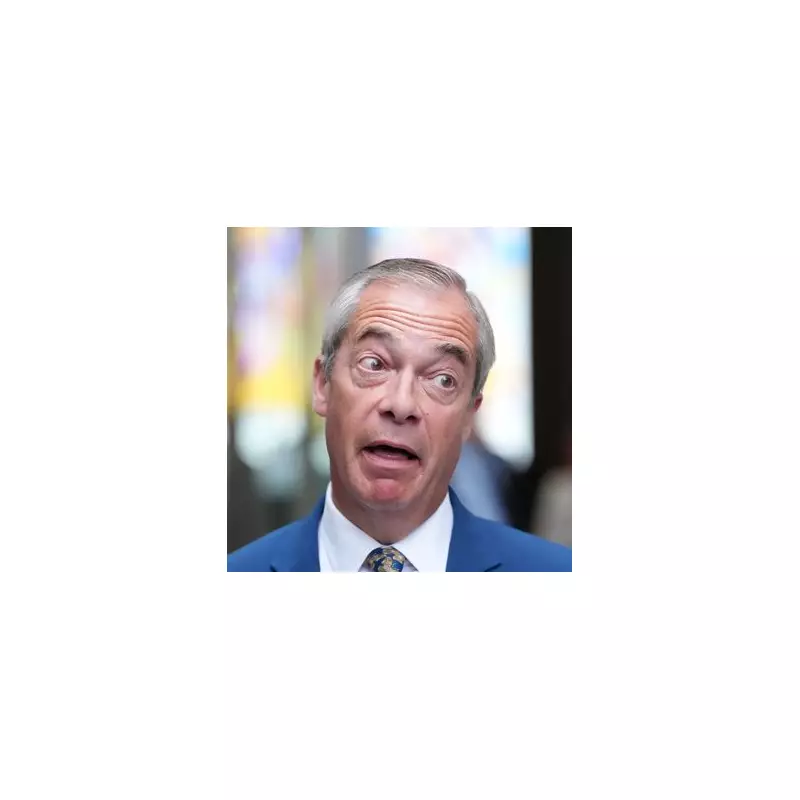
Nigel Farage, the self-styled architect of Brexit, is facing a firestorm of criticism over what opponents are calling a breathtaking display of hypocrisy. The Reform UK leader, who has built a political career on vehement opposition to the European Union, is under intense scrutiny for his own deep-rooted ties to the bloc he claims to despise.
The controversy erupted after Farage declared his intention to lead the "real opposition" to the EU during the upcoming general election campaign. However, this bold proclamation was immediately undermined by revelations that he simultaneously benefits from the very system he rallies against.
The Champagne Nationalist
Despite his fervent anti-EU rhetoric, Mr. Farage has openly admitted he will not be surrendering his valuable French property or his comprehensive EU health insurance cover. This dual existence has led critics to brand him a "champagne nationalist" – a politician who preaches one thing to the public while practising another for his own personal comfort and financial benefit.
This stance has drawn fierce condemnation from political rivals and transparency advocates alike. How can one credibly lead a charge against an institution while continuing to enjoy its most prized privileges?
A Pattern of Behaviour
This is not the first time Farage's relationship with the EU has been called into question. His political career has been marked by a series of contradictions:
- Campaigning for a hard Brexit while securing EU rights for himself.
- Criticising EU bureaucracy while utilising its healthcare framework.
- Advocating for British sovereignty while maintaining a significant financial foothold on the continent.
This latest episode threatens to severely damage his credibility with the very voters he seeks to attract. For many, it reinforces a long-held perception that his brand of politics is for show, not substance.
The Public Reaction
The court of public opinion has been swift and brutal. Social media is alight with accusations of hypocrisy, with many questioning the authenticity of his convictions. The phrase "Rules for thee, but not for me" has become a common refrain among commentators dissecting the situation.
As the general election approaches, this scandal poses a significant threat to Reform UK's momentum. It hands opponents a powerful weapon with which to challenge the party's core message and its leader's integrity.





